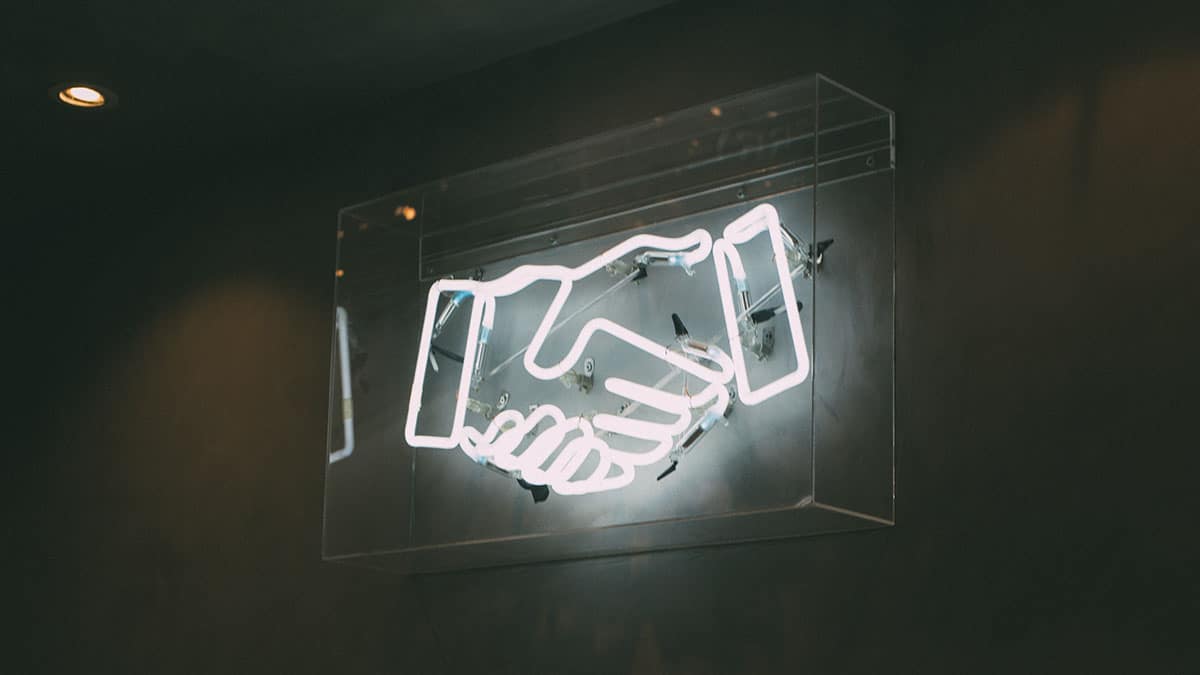This is a text automatically translated from Italian. If you appreciate our work and if you like reading it in your language, consider a donation to allow us to continue doing it and improving it.
Content index
Before starting the article we want to make one thing clear: it is absolutely not an article to encourage piracy. We don't want to entice anyone to pirate anything and we think that, except in rare cases, piracy is not the solution although lately it seems to be back in fashion 1, maybe even for things like this.
This is instead intended to be an article to meditate on what is happening to society and to the objects we buy because it now seems that we no longer own what we buy and it's something worth thinking about.
What does it mean? Ownership of physical media has dramatically declined over the past few years. First it was the turn of CDs, then DVDs and recently it also hit video games (interesting, by the way this clash between the developer of Terraria And Google Stadia). The problem is that bureaucracy, rules, geolocations and DRM (digital copyright) make everything less pleasant than it should be, leading some people to prefer piracy even though they have paid for a service. 2
In this regard, we recommend watching this short but effective video on PeerTube:
This video is served thanks to the decentralized platform and Open source PeerTube, through one of the Italian instances: PeerTube.uno. PeerTube does not collect data of any kind and does not use it Cookies. However, it is important that you know that by playing this video you may reveal your IP address to third parties.
We no longer own what we buy
Until a few years ago, if you bought a film you could then do whatever you wanted with it, within the limits of the law. It was yours, you had it there physically and no one could take it away from you: after all, you had paid for it and you were the owner of it. Today instead we no longer own what we pay for. No, put yours away."OK, boomers” because this is not a problem of nostalgia, it is a real problem that sooner or later we will come across.
Let's talk for example about Amanda Caudel who is suing Amazon because it improperly uses the word "purchase" in its Amazon Prime Video 3.
Why improperly? Because Amazon reserves the right to make it disappear from the library whenever it wants (yes, all those “I agree to terms and conditions” they also mean this). It has already happened, for example, with the Kindle and with George Orwell's 1984 4.
Also interesting in this regard is this article from 2012 NBC News: “You don't own your Kindle books, Amazon reminds customer” and this is more recent thanHollywoodReporters: “Amazon Argues Users Don't Actually Own Purchased Prime Video Content“.
What kind of purchase is it if they can take it away from me whenever they want? Try translating everything into real life: you buy a DVD of a film in a shop, but the shopkeeper tells you that in some cases it might come to your house and you would be forced to give it back to him: ¯\_(ツ)_/¯
It's the same thing we had done on Cookies. Things are inexplicably accepted online that we would never accept in real life.
The purchase is not a real purchase. So why call it a purchase?
In fact, the word "buy" is used improperly in most cases. Almost always you are not actually buying something but rather the company is licensing you have the right to view its contents.
What is different from Spotify and from Netflix? Because in that case you are not buying a single album or film but rather paying a monthly rent to be able to listen to or see everything you find on their platforms.
When we talk about instead Amazon Prime Video, Steam, Origin or also Epic Games Store, the 'buy' button appears which can be misleading. It is not said that this practice is illegal (courts will decide this), but it is certainly immoral as it is deceptive. In fact, you are not actually buying them.
For example, the Steam subscription agreement states: The Content and Services are licensed, not sold 5.
Epic Games repeats the same: The Software will be licensed to you, not for sale, under the License. The License does not grant you ownership of the Software 6.
Amazon Prime Video would like to let us know that: (…) the Purchased Digital Content will continue to be available to you for download or streaming through the Service (…) but may cease to be available due to possible limitations relating to the content provider's license or for other reasons (…). 7
We no longer own what we buy, what to do?
We don't know what a solution to all this could be, in the meantime it is very important to take note of it and reflect on it. On this topic there is also a petition for a popular initiative law that legalizes file sharing for personal use, if you are interested you can read it and possibly sign it here: Freedom to Share (thanks to Inform Pirate for reporting).
Furthermore, these stores could eliminate the word 'buy' and find a more appropriate and less misleading one.
This is one of the reasons we appreciate how alternative to Steam the online store of GOG. Games purchased on GOG.com in fact they are DRM-free and once downloaded they are truly yours.
If you want to learn more you can read Suzana Dalul's article on Android Authority from which we took some inspiration for this article.
- Because pirates are back on the web[↩]
- This is why I Pirate even I pay for the stuff's.[↩]
- Amazon Sued For Saying You've 'Bought' Movies That It Can Take Away From You[↩]
- Amazon Secretly Removes “1984” From the Kindle[↩]
- Steam® Subscription Agreement - Item 2.A[↩]
- Epic Games User License Agreement – Point 1[↩]
- Amazon Prime Video Terms of Use – Point 3.i [↩]
Join communities
If you have found errors in the article you can report them by clicking here, Thank you!







